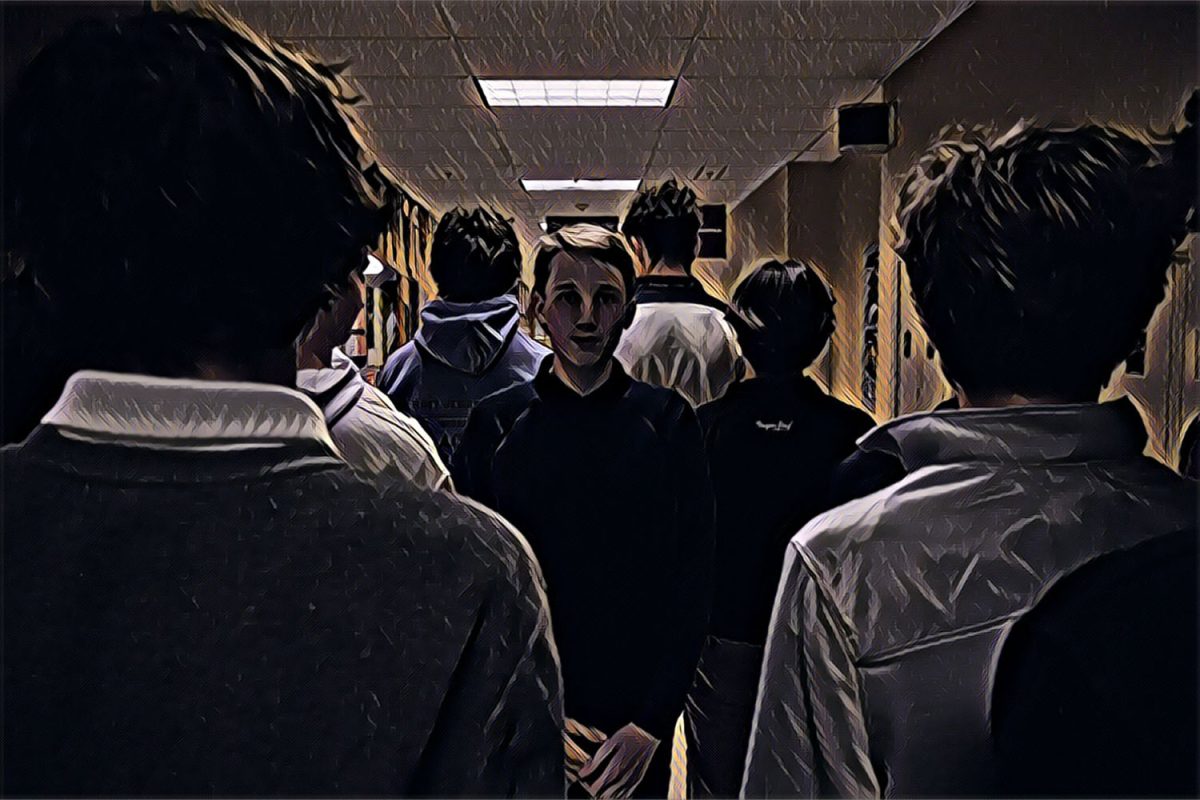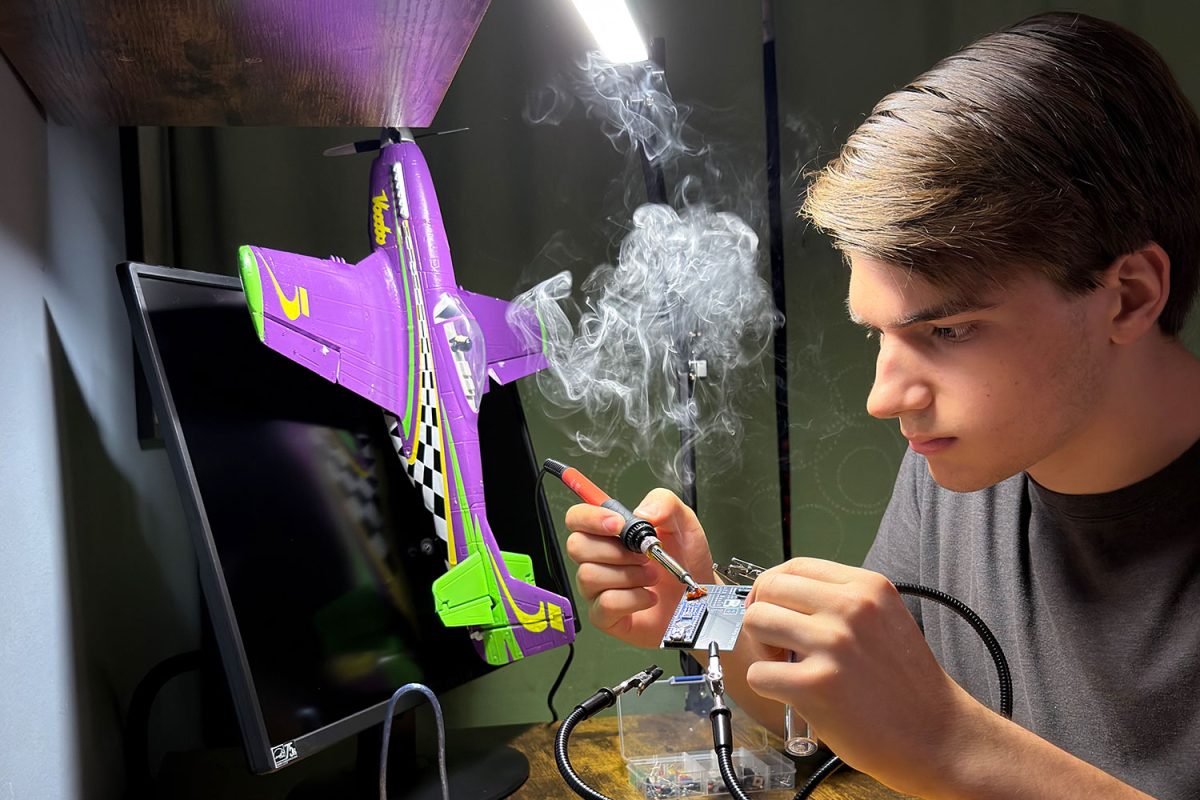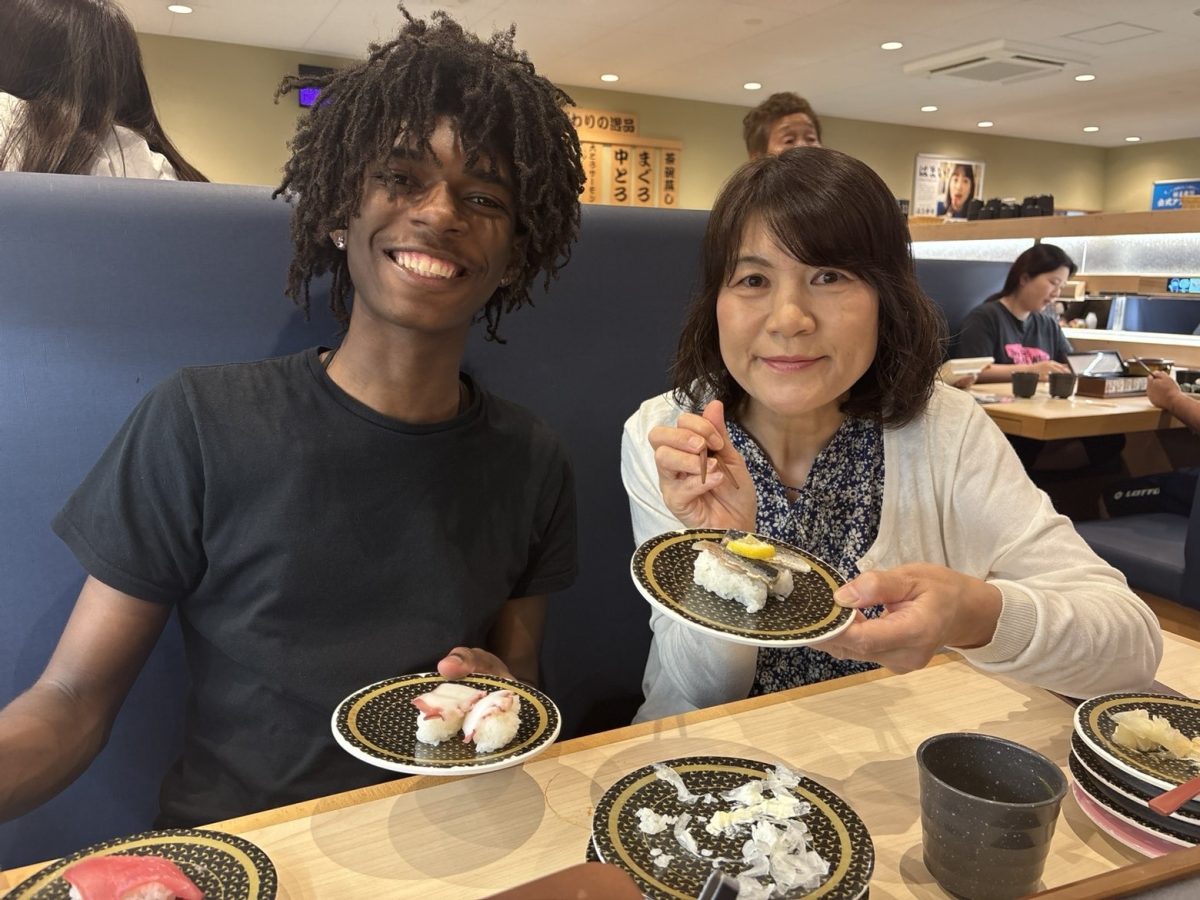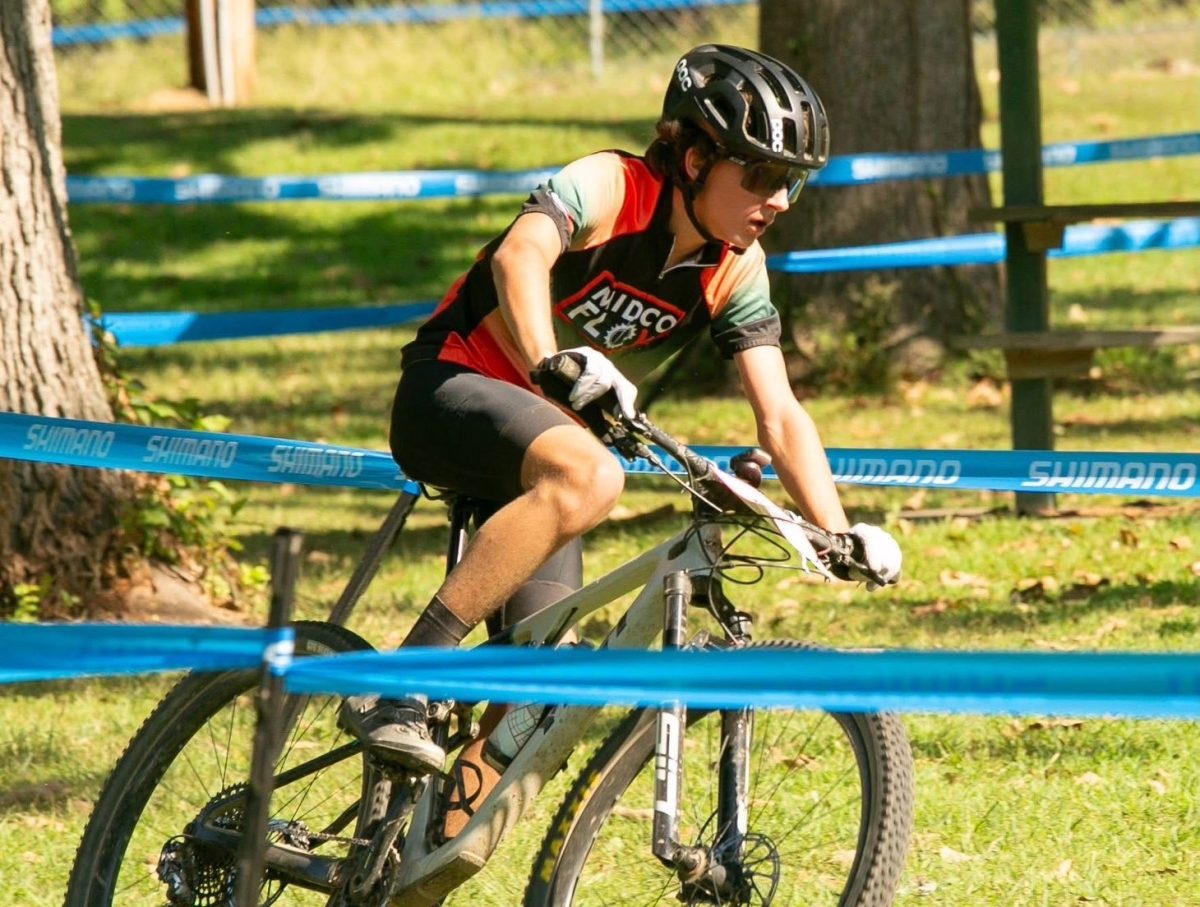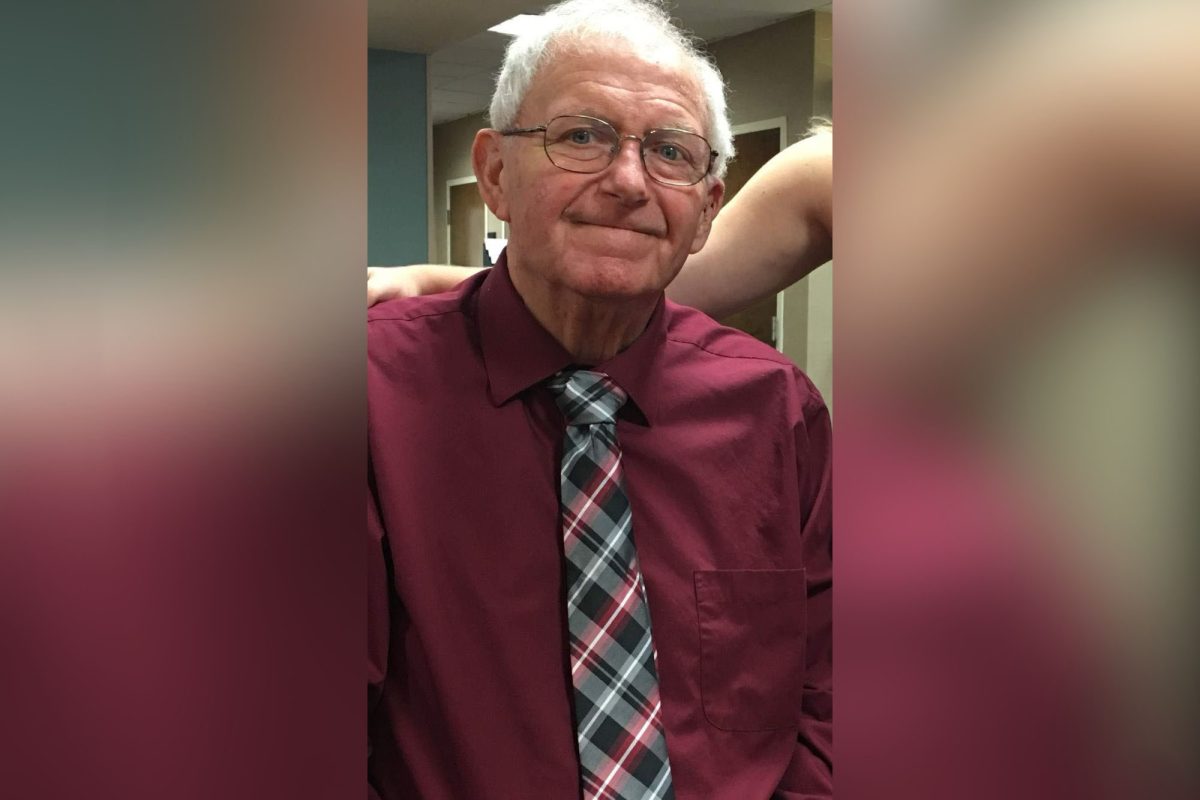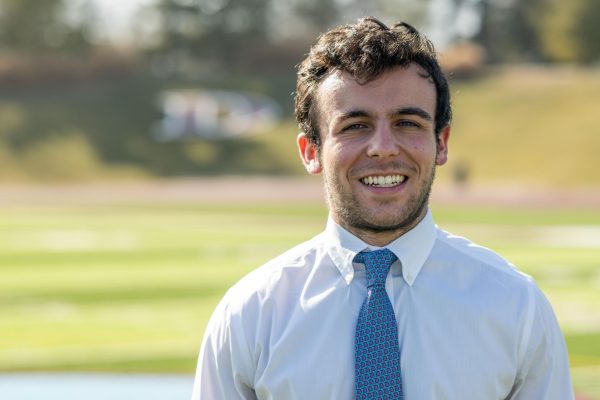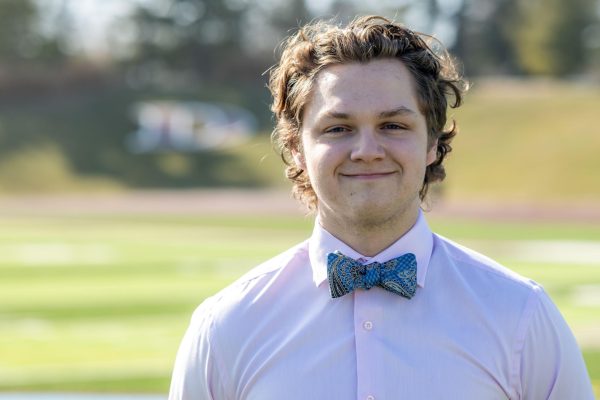Grayson, like much of the school, is involved in a variety of activities. Despite this, he doesn’t feel the brotherhood outside of the school.
“I stopped going out with people really in my second semester freshman year,” he said. “At first it was kind of tough because I was used to going out. After I broke away from most of my middle school friends, I just didn’t make the effort to make new friends.”
Grayson is not alone according to a recent study done by the De Smet Press that concluded that almost a quarter of the student body either rarely or never hangs out with their friends outside of school.
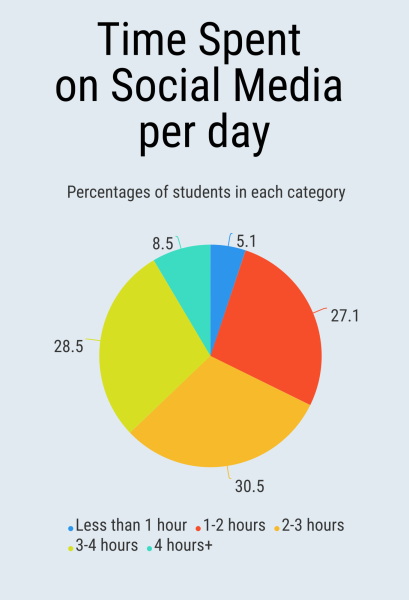
“I don’t think [my middle school friends] really cared,” he said. “I wasn’t the most important part of the friend group. It didn’t affect anyone.”
Grayson believes that despite his lack of sociality, he has benefitted from it. Even so, he is disappointed with his life outside of school.
“I got better in school and sports because I took them more seriously,” he said. “But then my social life decreased because I didn’t really hang out or talk to many people. My connections kind of went away.”
He is determined to turn this part of his life around once high school wraps up for him and college begins.
“I won’t have as many responsibilities like sports,” he said. “I’ll have more free time. I’ll start doing more social things in college, but for the rest of high school it’s probably going to stay the same.”
Wyatt is a sophomore and has a different explanation for where his problems socially began. He went to middle school with two students, but didn’t know anybody else coming in. It was his job to build new relationships.
A study by Gowalla showed that the likelihood of friendships between two people decreases with distance. This is Wyatt’s biggest obstacle.
“It’s just a matter of time and transportation because I’m not 16.” he said. “I won’t be able to get my license until February or March, and I live [far from my classmates].”
Along with geographic separation, Personal and Academic Counselor Audrey Penberthy said that fallout from COVID is also present.
“I think that it [COVID] created separation,” Mrs. Penberthy said, “where we fell out of the habit of getting together like we used to. Those guys that do struggle with interpersonal relationships and feeling isolated, they kind of bury themselves in their phones to look busy and to make themselves look less available.”
A decline in social skills and an increased use of technology also play a role in this problem. Personal and Academic Counselors Liz Vegovisch feels that in order to counteract the problem, cell phones need to go away at lunch.
“Those guys that do struggle with interpersonal relationships and feeling isolated, they kind of bury themselves in their phones to look busy and to make themselves look less available,” Mrs. Vegovisch said. “Nobody’s going to approach them if they look like they’re doing something on their phone.”
Mrs. Penberthy is an introvert herself and shares some of their struggles.
“Find your place, she said. “Find your people where you fit in. Don’t be afraid to be the one to suggest to hang out. Just put yourself out there in any small little way to make a connection.”
This isn’t just an issue for the antisocial, but represents a new call for students. Mrs. Vegovisch said they have the power to reach out and remember the days where they have felt like an outsider.
“Guys need to learn the skill of empathy,” Mrs. Vegovisch said. “Most of us have been in a situation where we’ve been on the outs. How did that feel? People need to internalize that.”

